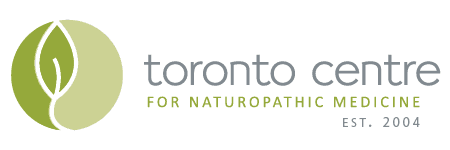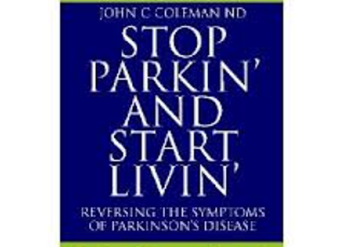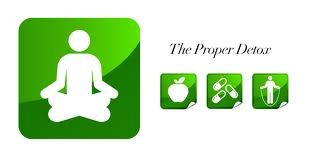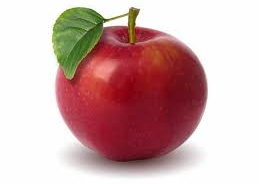There is ongoing controversy in the medical world about the relationship between vitamins and chronic disease. Some studies show long-term health benefits, such as a decrease in cancer risks for vitamin users, while other research indicates the opposite. What’s the truth of the matter, and what does it mean for people interested in actively protecting their longevity and health?
To a naturopathic doctor, it’s only common sense that vitamins play a role in the prevention and reduction of disease, so it’s gratifying to see that theory validated in a recent study on cancer and multivitamins.
Multivitamins in the Prevention of Cancer in Men
The study, titled “Multivitamins in the Prevention of Cancer in Men,” is a long-term human trial. That makes it one of the rare studies that paints a comprehensive picture of the impact vitamins really have on our health – as opposed to animal trials which can’t always be generalized to humans, or short-term trials that don’t tell you what happens years down the road.
Over the course of this 14-year study, nearly 15,000 male physicians over the age of 50 were given a daily dose of either a multivitamin supplement or a placebo. At the end of the study, in June 2011, researchers went to work on the results. Once all the data had been processed and the numbers crunched, they came to the unsurprising conclusion that vitamins do play a role in lowering cancer rates.
Although there was no difference in the rate of prostate cancer between the two test groups, the multivitamin group had 12% fewer cases of all other cancers compared to the placebo group. The number you’ve probably seen reported in the news is an 8% reduction in the total cancer rate, which includes prostate cancer. It’s not a huge number, but it is significant, especially given the large size and scope of the study.
Should I take a multivitamin if I’m worried about cancer?
What does this mean in terms of preventive care? Although multivitamins obviously aren’t a panacea in cancer prevention, this research does show that taking vitamins is a good idea for cancer prevention – as part of a comprehensive approach. If you already eat healthily, exercise a few times a week, and you don’t smoke, then taking a multivitamin is one more thing that you can do to improve your well-being and lower your cancer risk. If you have other major risk factors to work on, though, a multivitamin probably shouldn’t be your top priority.
This study is also good news for those of us who already take vitamins or multivitamins – it means that we’re cutting our cancer risk just by taking supplements for other reasons.
Bear in mind that this research was conducted only on 50-plus-year-old men, all of whom already met baseline health and fitness criteria to be included in the study. There’s still more research that needs to be done before we can be sure how multivitamins affect cancer rates in women, children, and younger adults.
For more information, read the study itself in the Journal of the American Medical Association: Multivitamins in the Prevention of Cancer in Men.
Need more help with prevention of illness? Get in touch!
Posted: 2013 January 28












